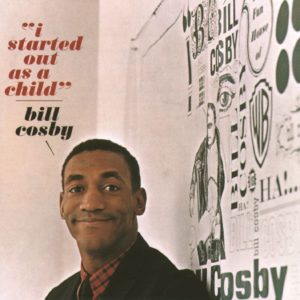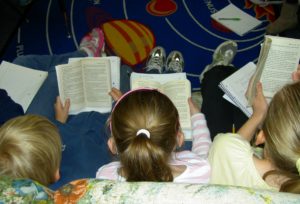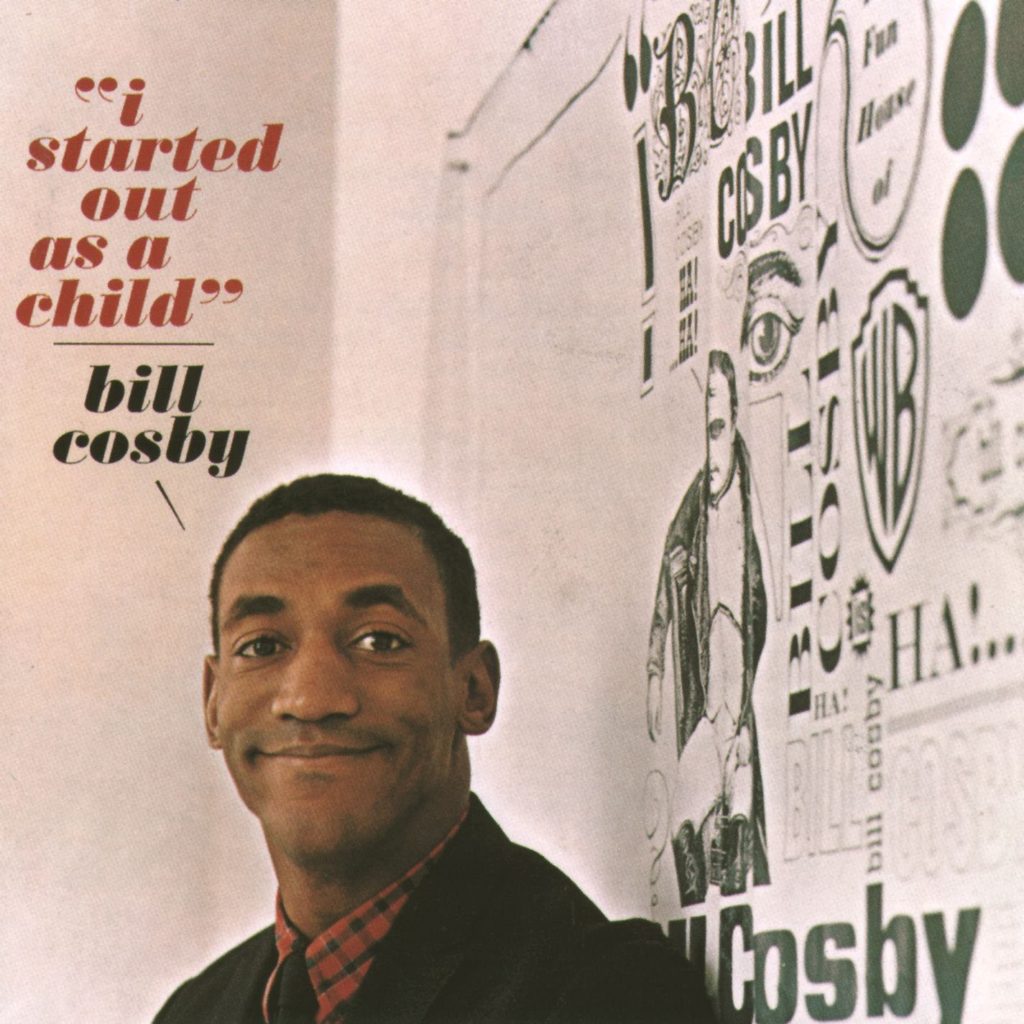I Started Out As A Child
 Bill Cosby said it best in his 1964 comedy routine. I started out as a child.
Bill Cosby said it best in his 1964 comedy routine. I started out as a child.
Even as he quipped about it, he probably knew it was no laughing matter. For better or for worse, our childhoods shaped us. We are who we are because of them (and sometimes, by God’s grace, in spite of them).
Kids learn (though not always positively) from positively everything they’re exposed to. And today’s kids are exposed to a wide variety of influences. As readers, we can often look back to the books we devoured as kids and see their impact on our lives. These days, TV is more of an influence on kids’ minds than books, though some children do still like to read.
Traditionally, early childhood tales were designed to teach. Aesop, Mother Goose, Hans Christian Andersen, and even Little Golden Books illustrated life lessons through story. It’s a highly effective way for anyone to learn, kids and adults alike. Modern books teach lessons too, whether or not that’s the writer’s intent.
A quote I heard a couple years ago lingers in my mind. From Educating by Story-Telling by Katherine Dunlap Cather: “The tales heard during childhood become fixed and lasting possessions. They stay with the hearer through the years, and because their ideals become his ideals, do much toward shaping his character.”
Because of the bombardment of images and experiences upon kids today, I don’t know if literature has the same power over children’s minds that it once did. But whether it’s a school text, a newspaper, or the assembly instructions that come in a set of Legos, there’s something authoritative about printed material.
Important as all this is to me as a grandparent, I take it seriously as a writer as well, though I don’t write for a juvenile audience. Kids who like to read will pick up books that aren’t necessarily YA books, and I’m aware that what I write is likely to be read by a variety of hungry minds.
Kids don’t think the way adults do; they don’t just follow a story, but they pick up on what’s written between the lines. As Madeline L’Engle famously said, “if the book [you feel compelled to write] will be too difficult for grown-ups, then you write it for children.” I think that’s one reason kids are apt to like speculative fiction; they “get it,” whereas many adults can’t see past the fantasy to the reality the tales portray.
A troubled kid’s world might be ugly, but he’s drawn to beauty when she sees it. A child might be  disillusioned or jaded, but when reading a fairy tale, a part of her wants to believe it might be true. When we write stories too much like the world the child lives in, we keep his focus too narrow and give him nothing to strive for.
disillusioned or jaded, but when reading a fairy tale, a part of her wants to believe it might be true. When we write stories too much like the world the child lives in, we keep his focus too narrow and give him nothing to strive for.
It was plainly an adult who wrote Peter Pan, because kids want to grow up. They’re just sometimes a little scared of what awaits them in the adult world. If they can read about kids who are strong and brave, who make wise decisions and conquer their fears, it can help equip them to do the same. If they read about people for whom faith is real, it can help them understand that reality for themselves.
We each started out a child. As writers, let’s do what we can to give subsequent generations a solid start.







































Wonderful post, Yvonne. Love reading your articles!
Incidentally, my young son and I just finished reading Peter Pan together. What a joy it was to watch his eyes light up with excitement when Peter and the children exhibited bravery against the pirates. I’m pretty sure the ticking crocodile made a lasting impression, too. I remember how these stories influenced me as a youngster, carrying over into adulthood, so it’s a neat experience to see my child’s reaction. : )
I agree, Tessa — I love seeing my kids love what I loved as a kid. And I’m pleased as can be that my granddaughter is reading her way through the whole “Little House” series, with the Chronicles of Narnia next on her TBR list.
I guess I’m an adult then…I don’t want to grow up any more than I have already.
Love this!
Thank you, Lacee.